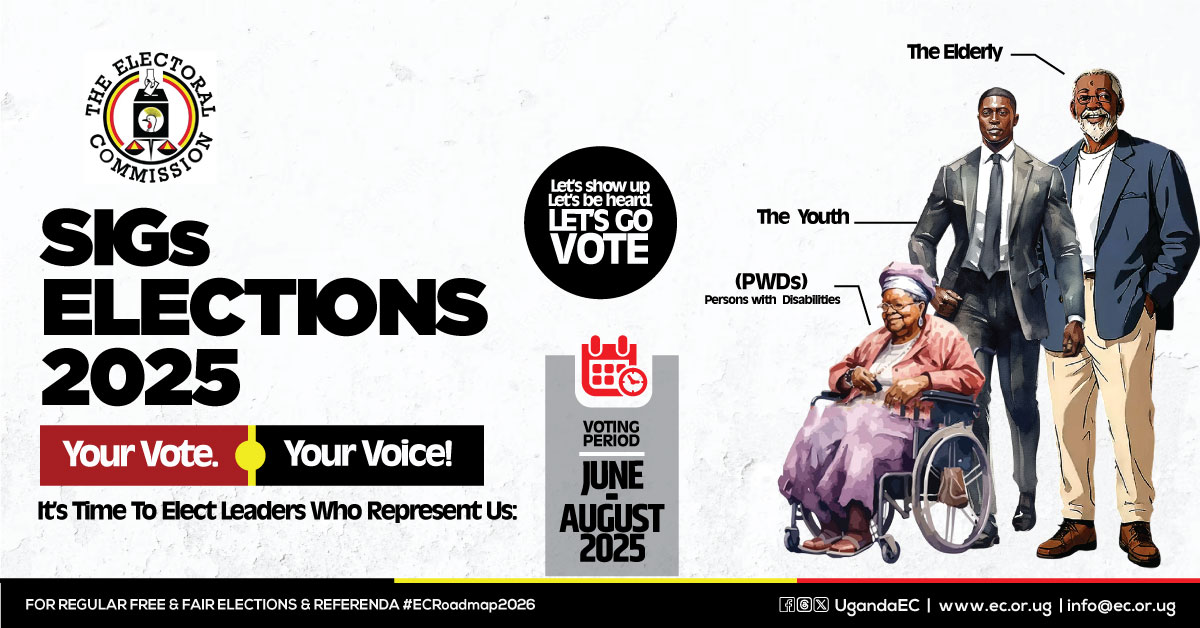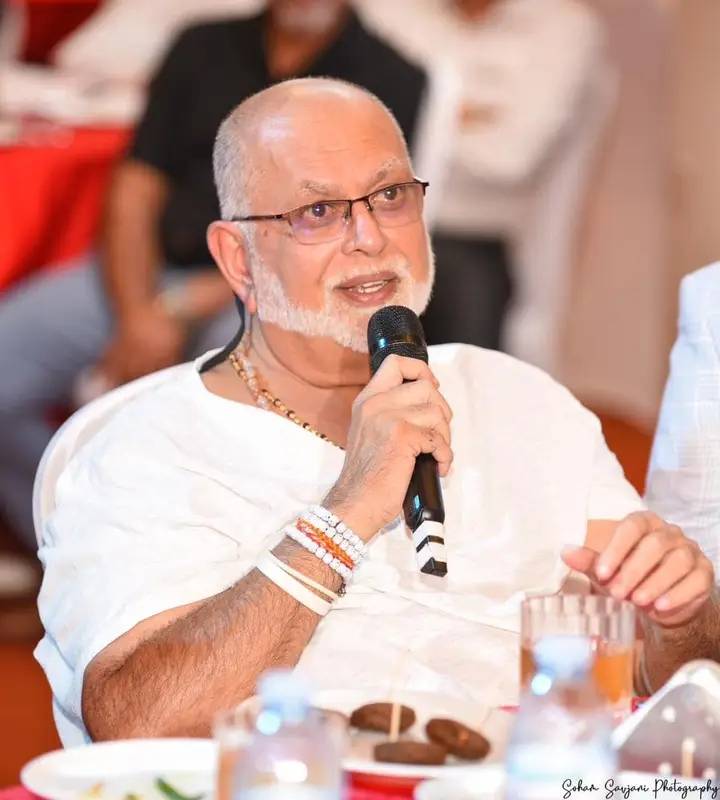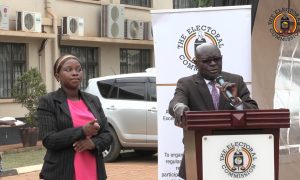Kampala, Uganda – The Operation Wealth Creation Chief Coordinator, Gen. Salim Saleh (also known as Caleb Akandwanaho), has publicly expressed concern over the management of the Emyooga programme, reigniting scrutiny over the government’s multi-billion shilling poverty alleviation initiative.
Speaking during a live broadcast on NBS Television, Gen Saleh did not mince words, questioning the transparency and accountability of those entrusted with managing the funds.
“The way these funds are being handled lacks transparency and accountability. If the intended beneficiaries are not seeing the money, then we must ask tough questions about where it is going,” he said.
His comments have not only amplified public concern but have also shifted focus onto the individuals directly responsible for the programme’s oversight.
State Minister for Microfinance, Mr Haruna Kasolo, who oversees the implementation of Emyooga, finds himself increasingly under pressure as several sources familiar with the programme’s operations accuse him of presiding over a deeply flawed system, where accountability mechanisms were either ignored or deliberately weakened.
Known for his typically reserved approach, Saleh’s decision to speak out is being interpreted by insiders as a signal of growing internal dissatisfaction within government ranks.
Observers also note that Gen Saleh’s public disapproval marks a significant turning point in the Emyooga debate.
Civil society actors and opposition figures have also weighed in, calling for a comprehensive and independent audit into the programme’s finances.
“We’ve seen glossy brochures and political speeches, but no real outcomes on the ground,” said Mr James Musoke, a financial accountability advocate.
“It is time for government to come clean on how these funds have been used, and who has benefitted,” he added.
Despite billions of shillings being disbursed to Savings and Credit Cooperative Organizations across the country, reports from multiple districts paint a troubling picture of systemic abuse.
Investigations have unearthed cases of ghost beneficiaries, idle funds, and irregularities in how resources are allocated and monitored, raising concerns about the competence of those charged with overseeing the initiative.





















